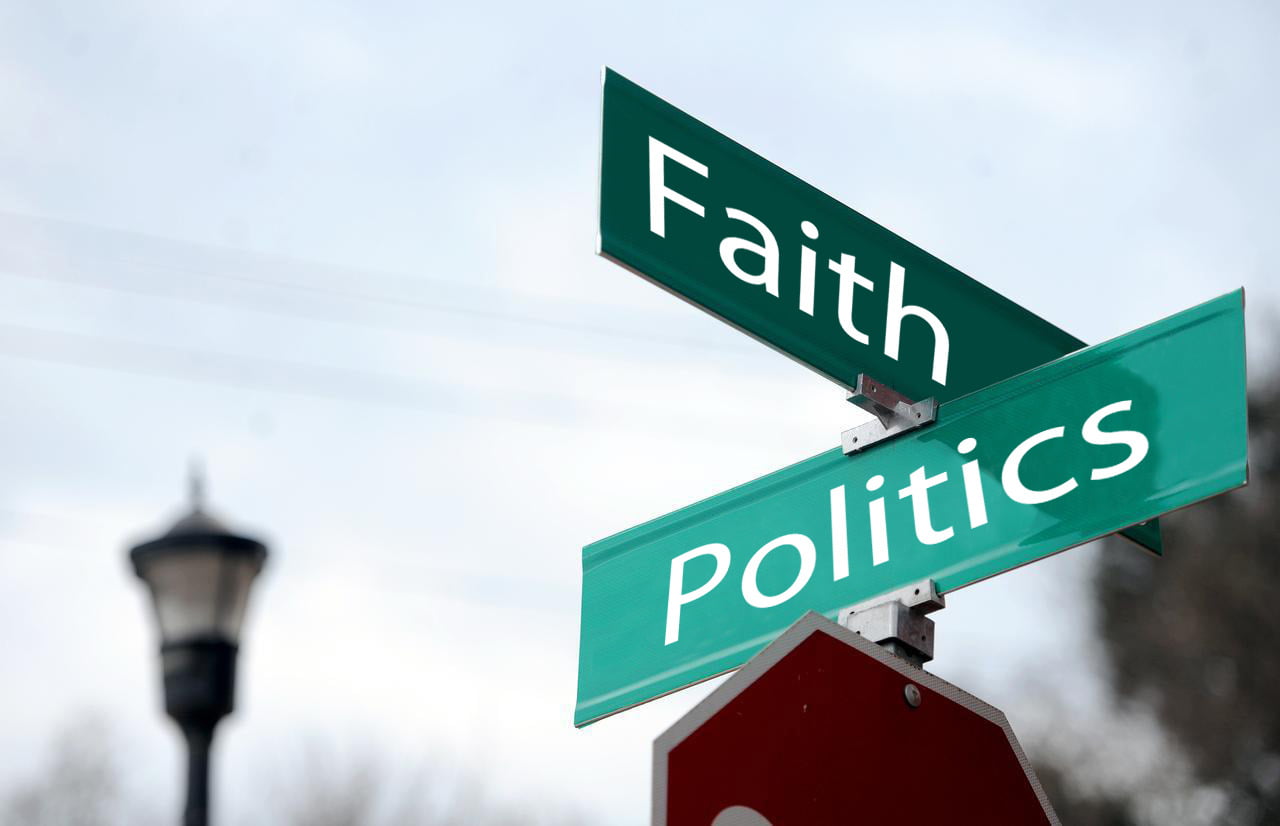It's difficult to picture a contemporary democratic politician as a saint. Few saints have ever actively pursued careers in politics (royal saints were born into it), and even fewer were canonized for their general political engagement rather than specific deeds that resulted in martyrdom.
Recent Catholics who have a reputation for holiness and a political bent frequently fall short of combining those traits with common sense. It's possible that John Paul II was an exception. To provide an example, Jacques Maritain made an astonishingly terrible decision by endorsing his friend Saul Alinsky, while Dorothy Day's pacifism and anarchism allowed her to combine great political interests with a disregard for clear essential issues.
Why then participate? Self-defense may be necessary at times. The majority of us have little power over politics, yet it has a significant impact on who we are and what we value. You may not be interested in it, but it is, as the saying goes. And since everyone of us has some political power, at the very least when working with others, it would appear that we should make use of that influence to support the good and, especially, to oppose the evil.
Although Lenin's "who/whom" maxim—do unto others before they do unto you—is a better definition of politics in reality, politics in theory is about working together for the common good. That's especially true in this day and age, when trust, integrity, and reasoned public conversation are in short supply. Even worse, for many individuals, politics has become a messianic alternative to religion that mixes a false conception of the good with a determination to fundamentally alter the course of the world as a result of technical outlook and the elimination of any public sense of the transcendent.
The net effect is that prejudiced cranks who despise both their opponents and basic human impulses frequently hold powerful public positions, including leadership positions in the intellectual community. Examples come from recent changes in transgender ideology.
When this happens, efforts to protect even the most fundamental physical parts of the common good—national defense, reduction of criminal violence, and protection of public health—fail because they become disconnected from reality. Additionally, logical debate of equally fundamental but less tangible parts of the common good, such as safe and efficient family life, is completely out of reach.
What do we do in such a situation? When the political climate is so unfriendly, how can we unite the good and the effective? And what can we do to combat the corrupting impact of widespread political engagement?
The first is that it appears to be less feasible to look for a large area of agreement with public institutions and our fellow citizens. Catholic administrators, who enjoy collaborating with others, are apt to find the notion appealing. However, there is still no agreement on fundamental concerns, which makes developing large-scale cooperative systems more challenging.
Without a humane understanding of human nature and the common good, no system of law, governance, or of health, education, and welfare can be said to be humane. Because of this, Catholics have had trouble working with a healthcare system run by technocrats, who essentially see it as a branch of the biotechnology industry devoted to maintaining human economic assets, scrapping them when they are no longer useful, and, where money is available, providing commodities like babies, abortions, extended lifespans, and sex change procedures.
What should we do as a result? By offering good things, but most importantly by demonstrating why they are beneficial, we may, to some measure, counteract the promotion of harmful things. The Church ought to place more emphasis on our own philanthropic endeavors than on cooperation with a cruel institution. However, we must prioritize performing the primary duty, which is to tell the truth about God and humanity. The increased intent on policing discourse, as seen, for instance, by the anxiety and fury surrounding Elon Musk's acquisition of Twitter, reveals that such an attempt has its challenges. However, it also demonstrates that it may have substantial practical implications; otherwise, why the persistence?
When it comes to topics like abortion, transgender issues, or what occurs in the classroom, Catholics can make a particularly valuable contribution since these realities are difficult to ignore because they directly affect us. Since maintaining authority depends so much on silencing truth, it actually does have power in these situations.
However, in a broader sense, we must offer a complete alternative to the official system of belief. It's vital to fight specific evils, but fighting evil won't be successful without light from a vision of how life may be better. Paul then advises us to correctly guide our thoughts. We must continually pay attention to the truth if we are to be able to express it.
We should put the most focus on health, virtue, and beauty, as crucial as it is to address sickness, crime, and trash collection. We must look for methods to improve the current condition of education, popular culture, public discourse, life values, workplace, and interactions between the sexes if we don't like it. We require role models, both fictional and real, to strive to.
Of course, people and organizations are working on these issues; just look at the education sector for examples. Catholics who are dissatisfied but are tempted to just grumble should instead help them in whatever manner they can. We can all live better ourselves and show our neighbors in a real way what that entails, regardless of our circumstances and vocation. And generally speaking, that is the greatest thing we can do politically.













